Losing weight is a challenge, especially when it comes to reducing stomach fat. Belly fat, predominantly visceral fat, is different from fat in other body areas. It's located deeper, surrounding abdominal organs, and poses greater health risks like heart disease or diabetes. However, you can manage this type of fat, and certain teas have been associated with burning belly fat.
No single food or drink can exclusively target belly fat, but some contain compounds, vitamins, and nutrients that research indicates can help reduce abdominal fat as part of a well-rounded diet. For instance, consuming high-fiber foods can aid in this, as fiber is linked to abdominal fat reduction. Yet, relying solely on this approach may not yield the desired results.
Similarly, drinking tea for belly fat reduction follows the same principle. Teas are naturally rich in a variety of antioxidants and plant compounds associated with numerous health benefits, including some that are specifically known to aid in reducing fat around the stomach.
1) Black Tea
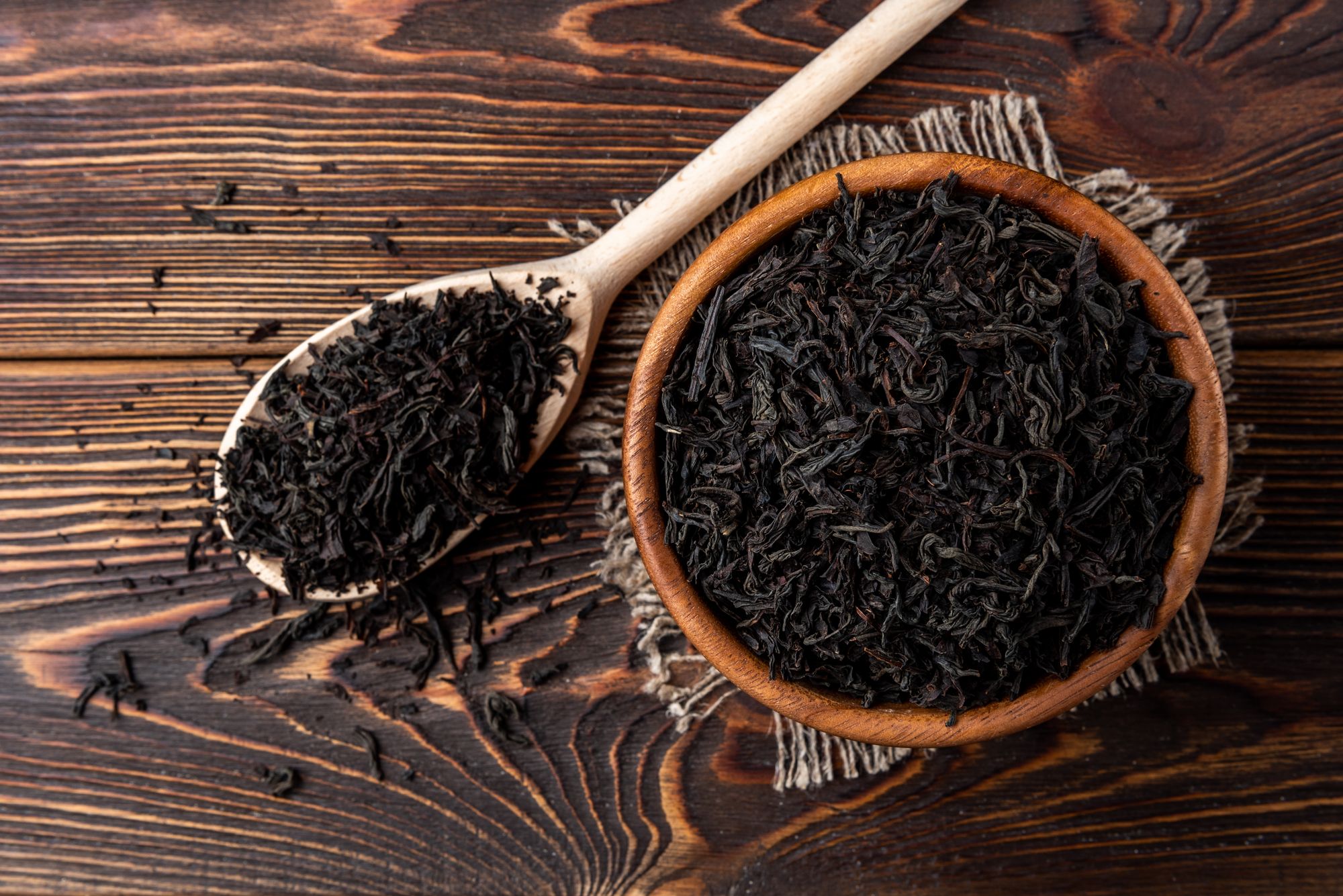
Black tea enthusiasts, including those who favor chai, English breakfast, and Earl Grey, will be glad to learn that research associate's black tea with weight loss and decreased visceral fat.
A 2016 study in the journal Molecules highlighted that the polyphenols in black tea possess anti-obesity properties and can contribute to reducing body weight and visceral fat. This is supported by an animal study from The Journal of Nutrition, which also includes black tea, along with oolong and green tea, for its impact on abdominal fat.
Furthermore, a 2014 study in Food & Function observed that participants who consumed three cups of black tea daily for three months experienced more significant weight loss and reduction in waist circumference (indicative of belly fat) compared to non-tea drinkers.
2) White Tea
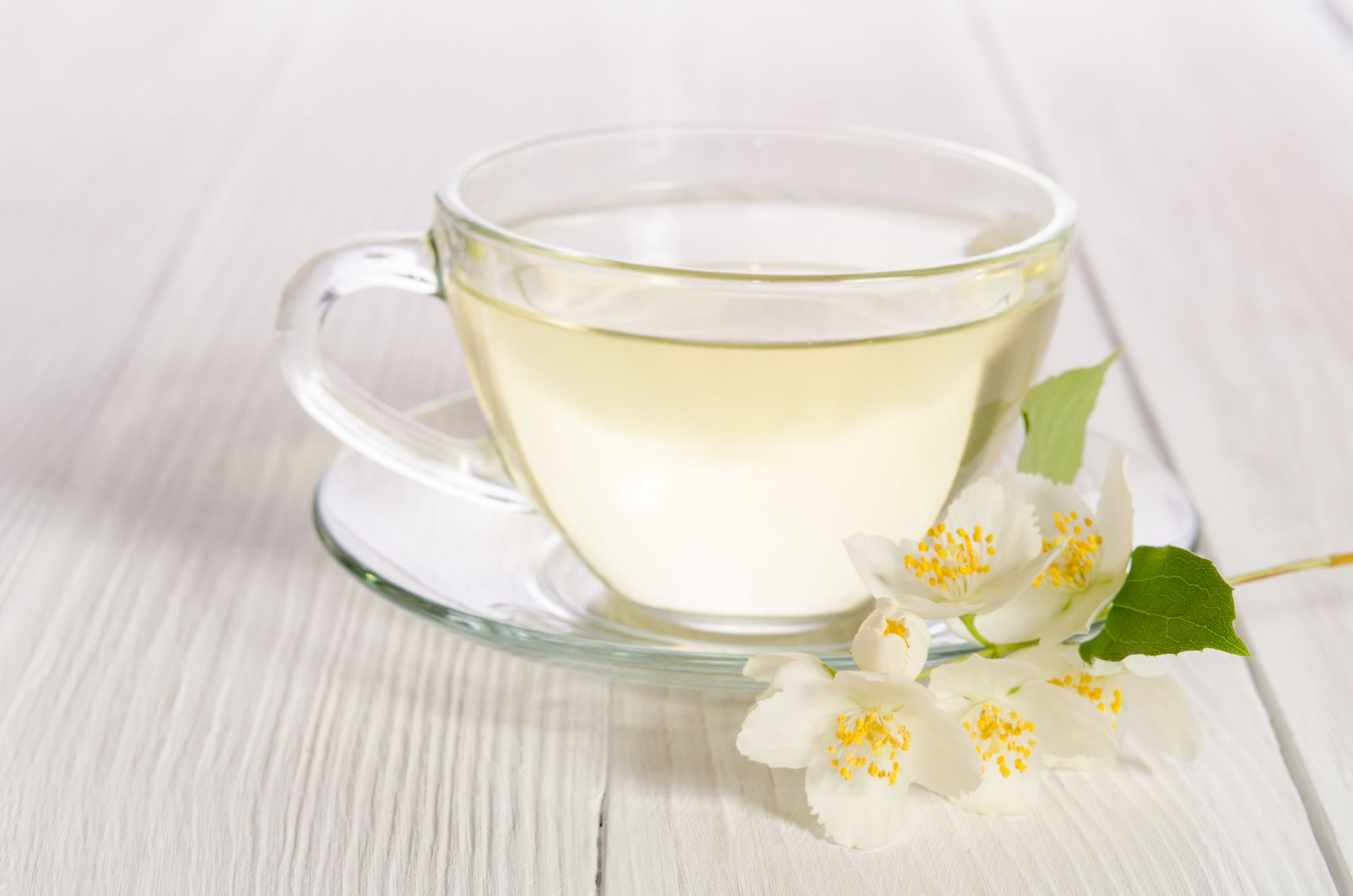
We've covered three of the four primary tea categories: green, oolong, and black. The fourth category is white tea, often recognized as the gentlest and least processed among teas.
White tea, like green and oolong, has been associated with an accelerated metabolism and increased fat oxidation, potentially contributing to overall weight loss or control.
A recent 2023 study published in Food Safety & Health further affirmed the positive effects of white tea on weight loss, with a particular emphasis on reducing visceral fat.
3) Pu-erh Tea
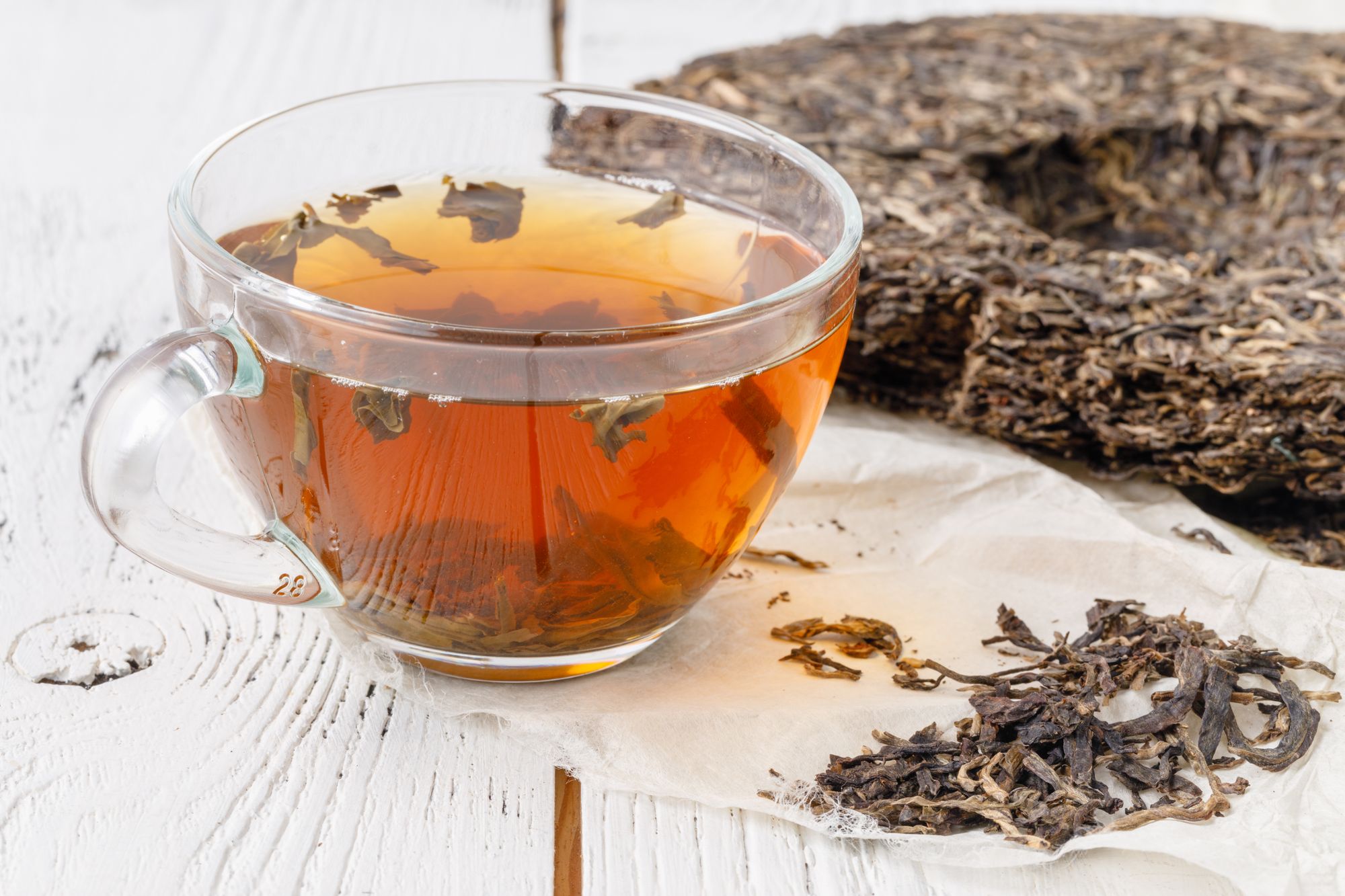
Having explored the fat-burning advantages of green, oolong, black, and white teas, let's delve into a specific variant within these categories.
Pu-erh tea, a fermented Chinese black tea, has been associated with weight loss and fat reduction in various studies.
In a 2014 study published in Phytotherapy Research, male participants with metabolic syndrome who consumed pu-erh tea experienced a slight reduction in body fat and BMI.
Similarly, research from Nutrition Research revealed that pu-erh tea extract contributed to lower body weight, BMI, and visceral fat in Japanese adults.
4) Green Tea
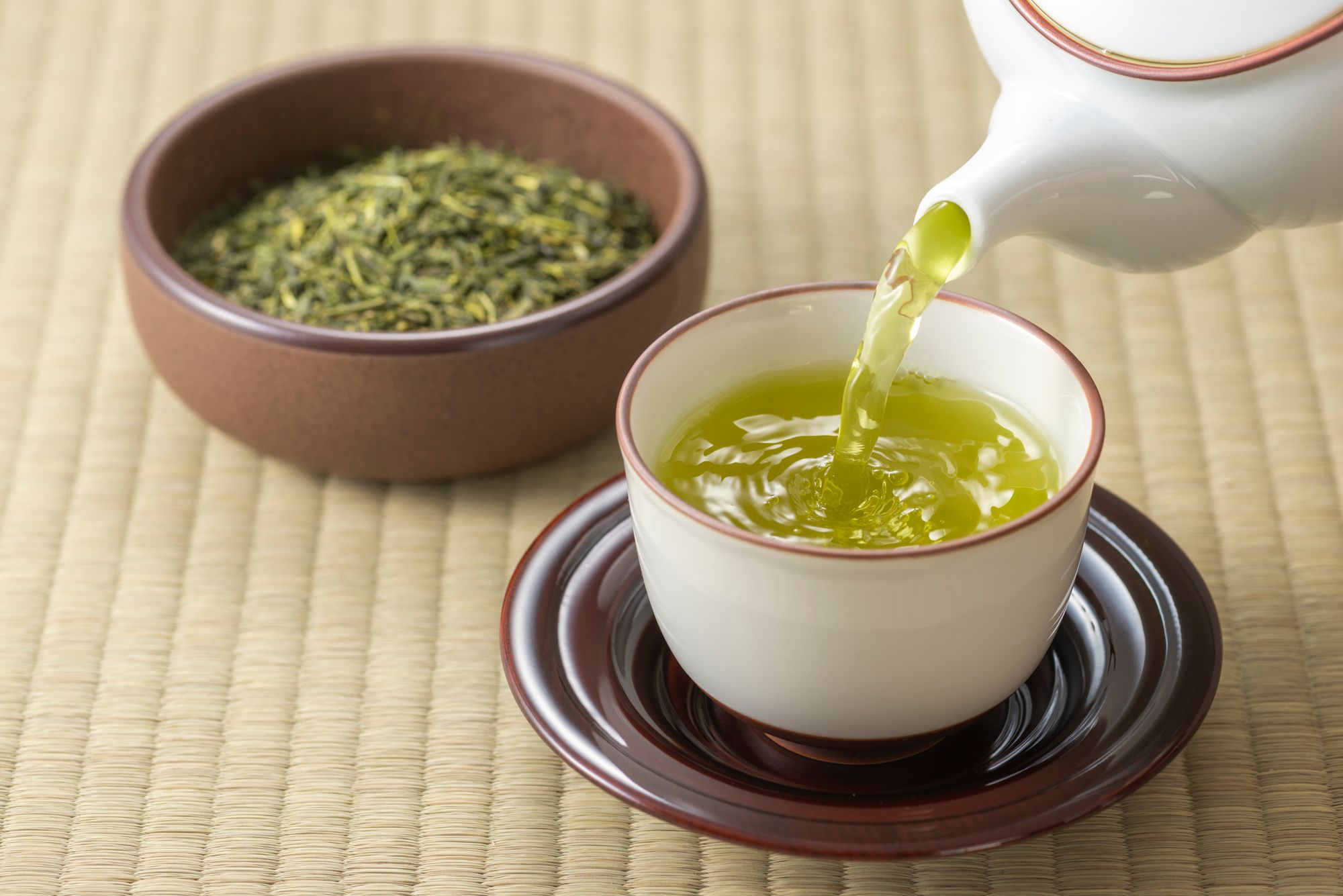
Green tea stands out as one of the most effective teas for targeting belly fat. A recent 2022 study published in the International Journal of Environmental Research and Public Health revealed that individuals who consumed substantial quantities of green tea—four or more cups per day—had a 44% lower risk of developing abdominal obesity compared to those who abstained from green tea.
An earlier 2008 study in Physiology & Behavior observed that obese participants who regularly consumed green tea lost more overall body weight than their non-green tea-drinking counterparts. Additionally, a 2009 study published in The Journal of Nutrition found that green tea catechins, antioxidants found in green tea leaves, can aid in reducing abdominal fat when combined with exercise.
The secret behind green tea's ability to target belly fat lies in its abundant polyphenols, particularly a subgroup called catechins. Among these catechins, the most prevalent is ECGC, which has been associated with an increased metabolism. While EGCG can be found in other types of tea, green tea boasts the highest concentration of these metabolism-boosting plant compounds.
5) Oolong tea
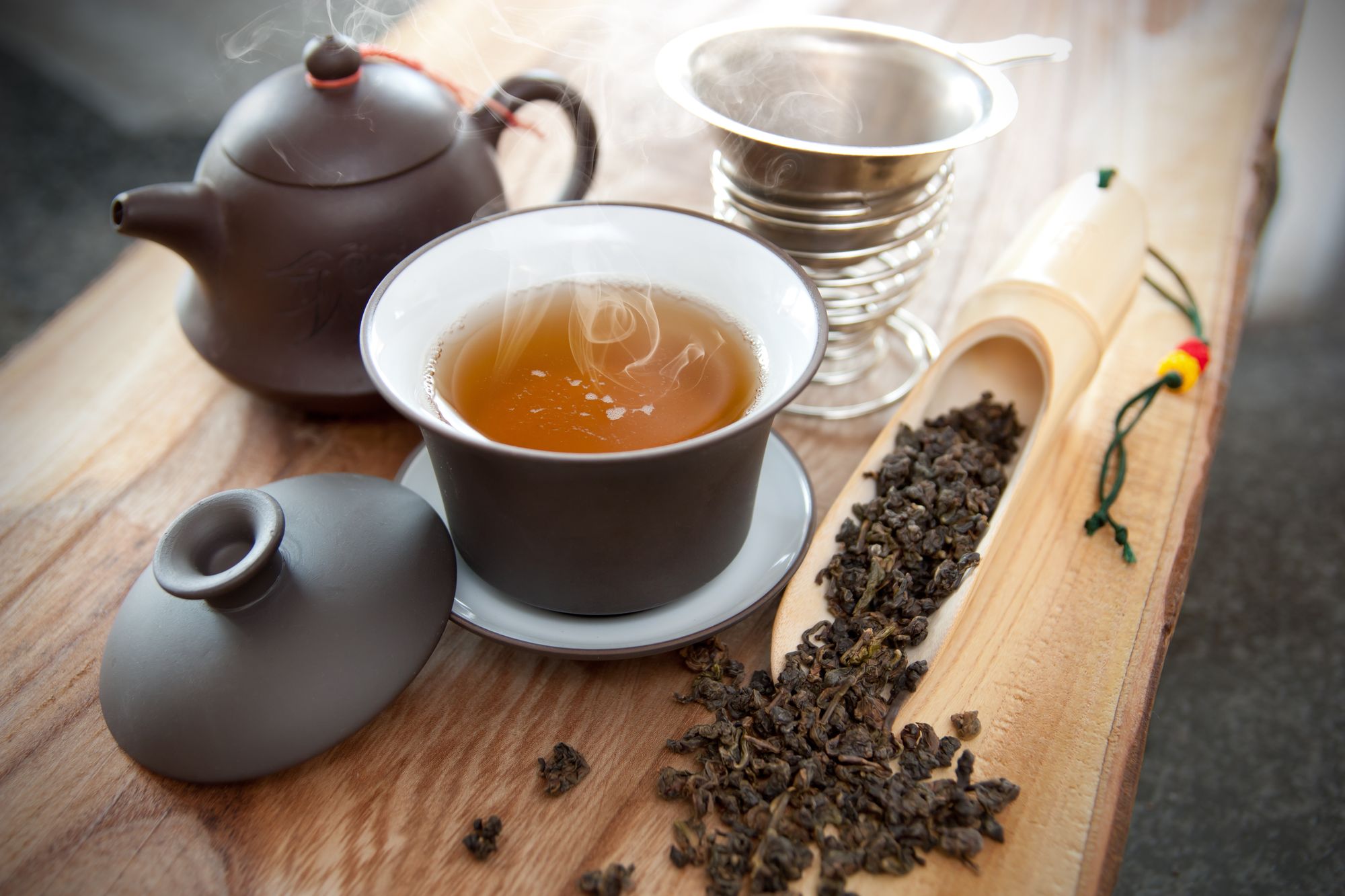
Oolong tea has been demonstrated to be effective in addressing abdominal fat.
Derived from the same leaves used to produce green and black tea, oolong tea undergoes partial oxidation, setting it apart from unoxidized green tea and fully oxidized black tea. The production process involves withering and curling the leaves by sun drying.
Research indicates that oolong tea contains polyphenols associated with an accelerated metabolism and reduced abdominal fat. An animal study featured in The Journal of Nutrition revealed that polyphenols present in green, black, and oolong teas all possess the ability to reduce visceral fat tissue.
Furthermore, a 2020 study conducted at the University of Tsukuba found that oolong tea increased fat breakdown by approximately 20%, and this effect persisted even during participants' sleep.

